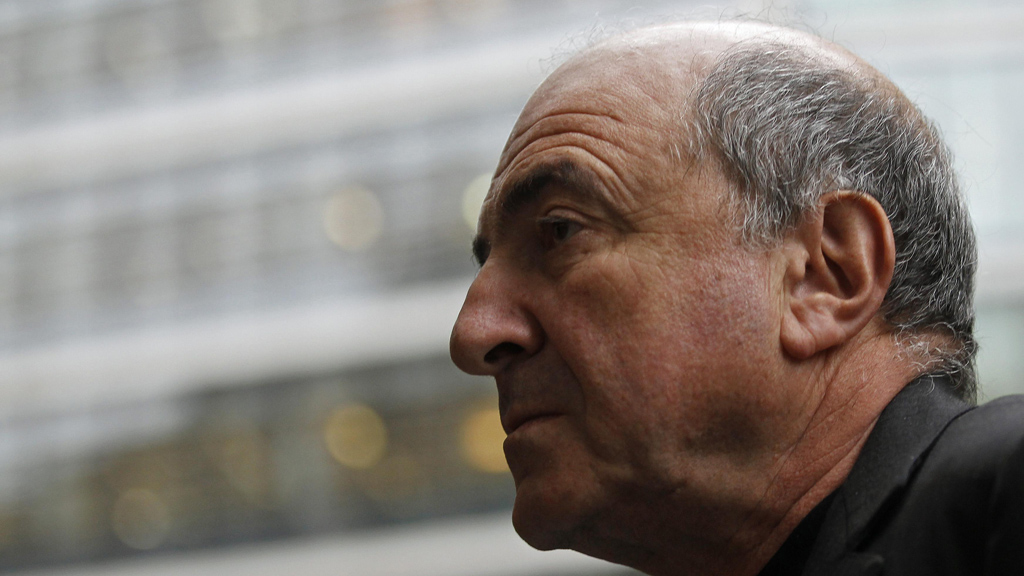‘Unreliable witness’ Berezovsky loses Abramovich case
Describing the Russian oligarch as “an inherently unreliable witness”, a high court judge dismisses Boris Berezovsky’s bid to claim more than £3bn in damages from Roman Abramovich.

Mr Berezovsky had accused his billionaire countryman of blackmail, breach of contract and breach of trust, claiming that Mr Abramovich had “intimidated” him into selling shares in the Russian oil company Sibneft at a fraction of their actual value. Mr Abramovich denied the charges.
In a lengthy summary of her judgement Mrs Justice Gloster said that “the case was one where, in the ultimate analysis, the court had to decide whether to believe Mr Berezovsky or Mr Abramovich”.
Regarded truth as a transitory, flexible concept. Mrs Justice Gloster on Boris Beresovsky
This meant, she said, that the court had to have a high degree of confidence in the evidence given by Mr Berezovsky. She added:
“On my analysis of the entirety of the evidence, I found Mr Berezovsky an unimpressive, and inherently unreliable, witness, who regarded truth as a transitory, flexible concept, which could be moulded to suit his current purposes.
“At times the evidence which he gave was deliberately dishonest; sometimes he was clearly making his evidence up as he went along in response to the perceived difficulty in answering the questions in a manner consistent with his case; at other times, I gained the impression that he was not necessarily being deliberately dishonest, but had deluded himself into believing his own version of events.
Mrs Justice Gloster described billionaire Chelsea football club owner Mr Abramovich as “a truthful, and on the whole reliable witness”.
Speaking outside the court Mr Berezovsky told reporters he was “absolutely amazed” at what had happened and accused the judge of trying to “rewrite Russian history.”
Political connections
Both men rose to positions of wealth and influence in Russia during the 1990s when state-run firms were being privatised following the collapse of the communist regime. Mr Berezovsky had used his political connections, his QC Laurence Rabinowitz told the court, to persuade the then Russian president Boris Yeltsin to “bring about the privatisation of Sibneft and its disposal into their hands”.
Mr Abramovich’s QC, Jonathan Sumption, agreed that Mr Berezovsky had been paid millions of pounds by companies controlled by Mr Abramovich for services as a “political godfather.” However he said that Mr Berezovsky had not “contributed a single cent” to acquiring or building up Sibneft, nor made any management contribution.”
Mr Berezovsky fled Russia in 2000 after falling out with President Vladimir Putin and now lives in England.